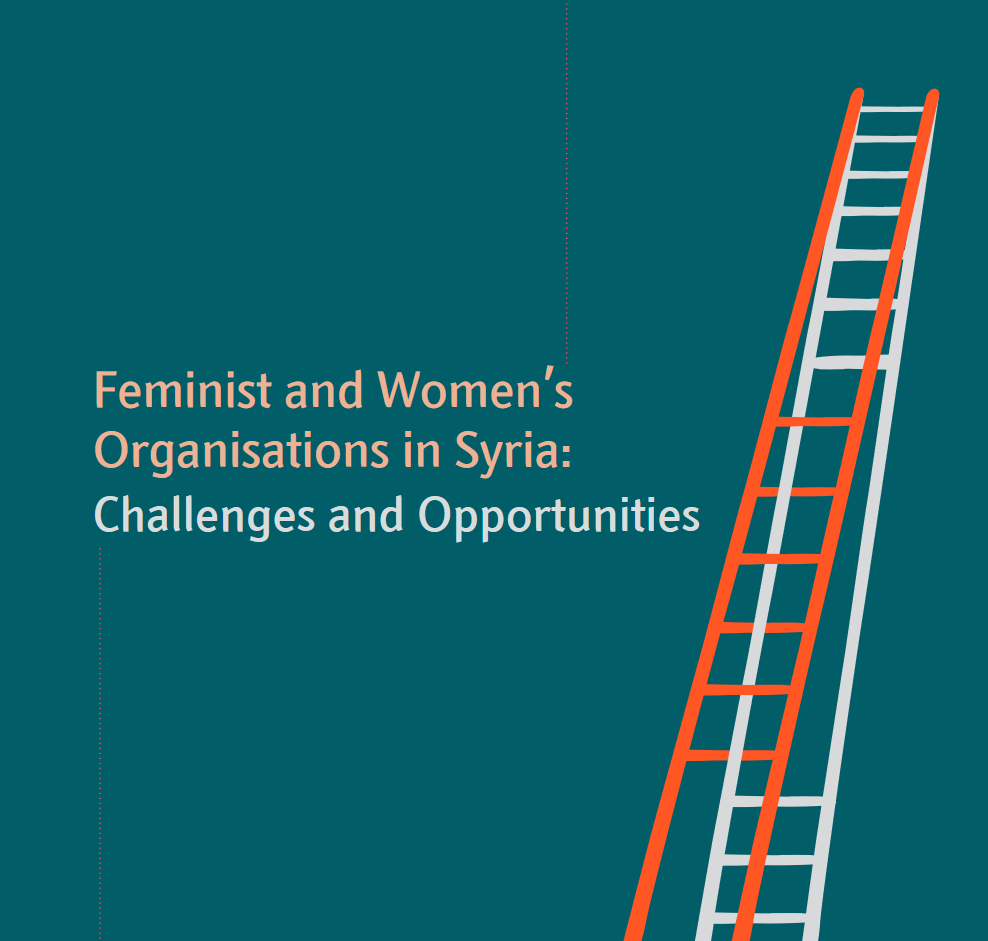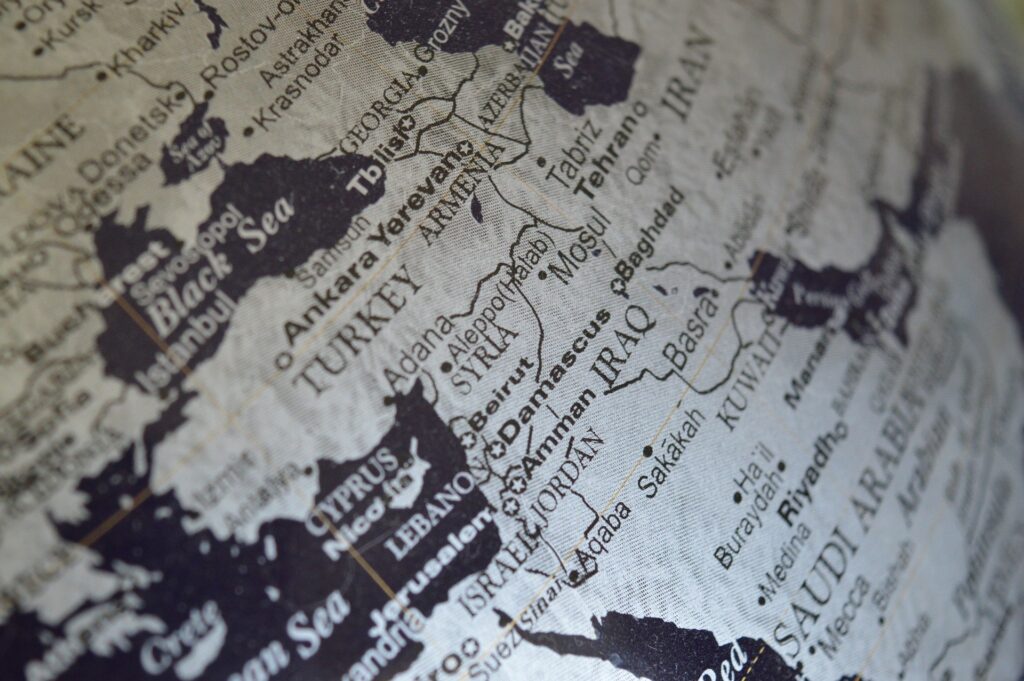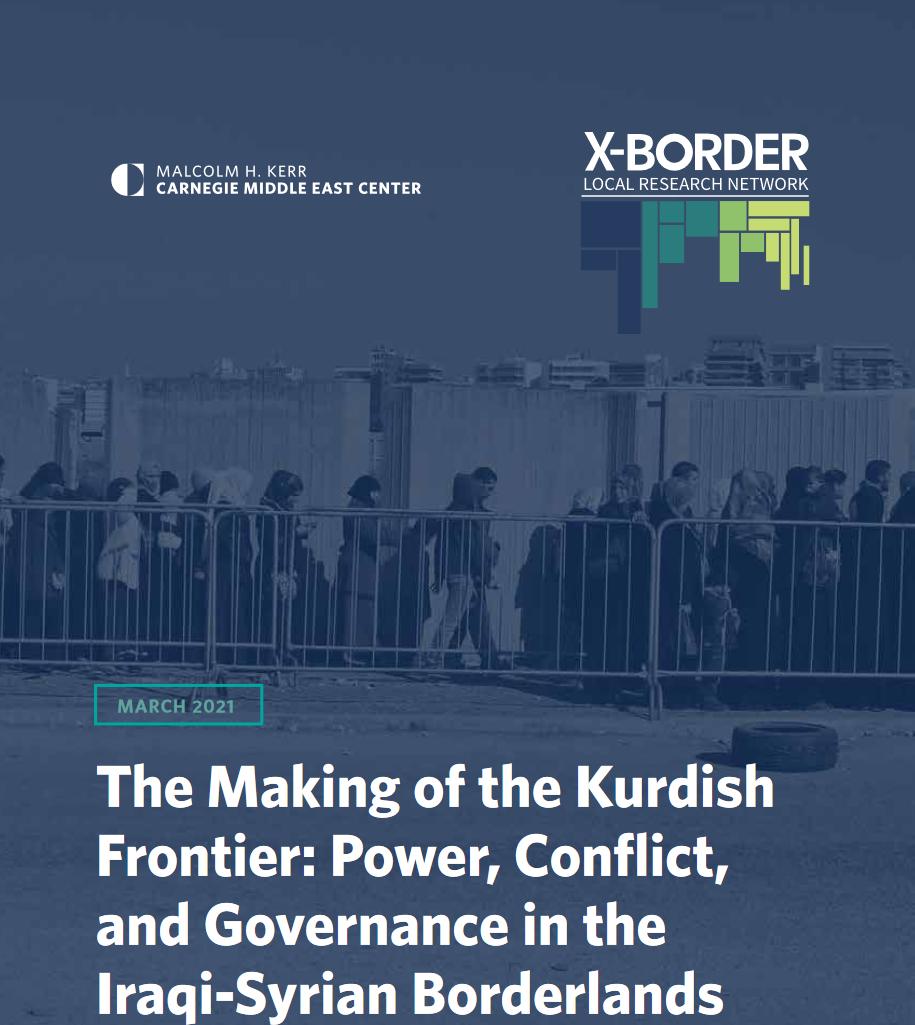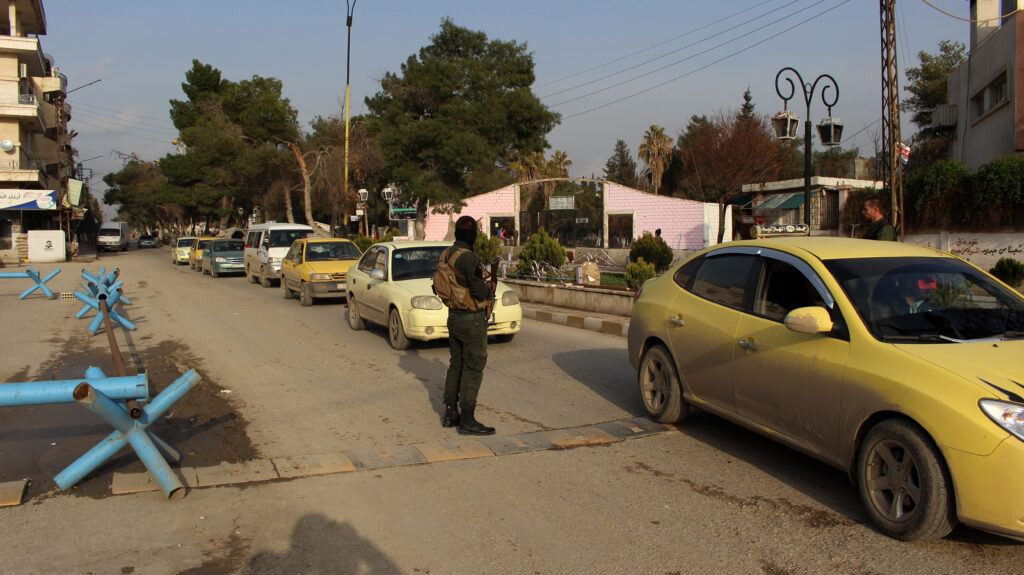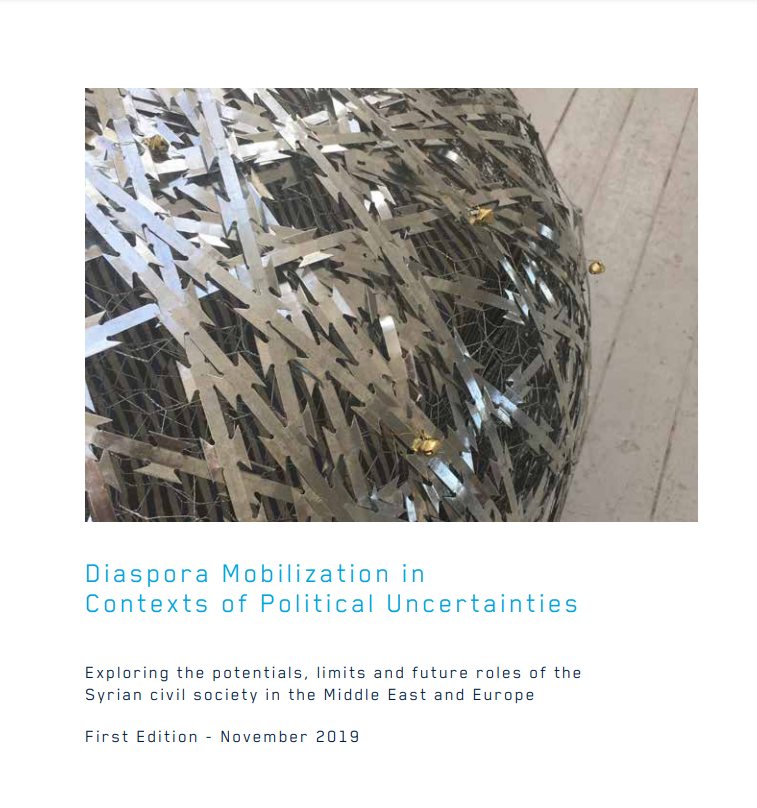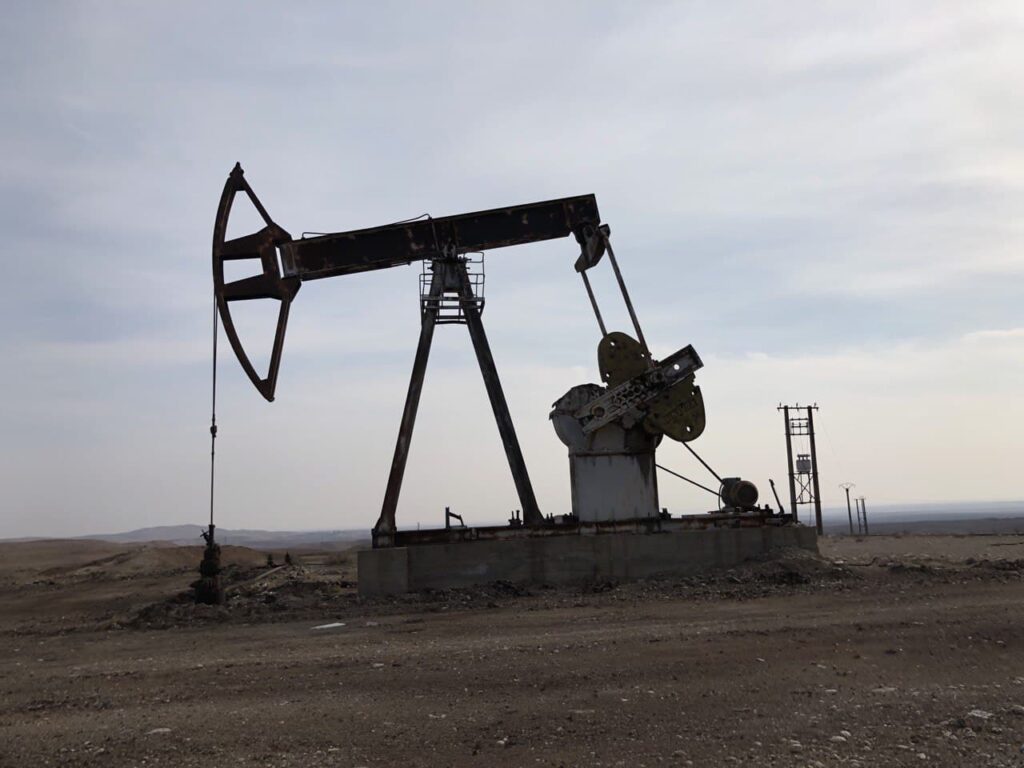Feminist and Women’s Organizations in Syria: Challenges and Opportunities
An overview of common challenges and opportunities for collaboration and effective partnership among feminist and women’s organizations (FWOs) in Syria.
Feminist and Women’s Organizations in Syria: Challenges and Opportunities Read More »

